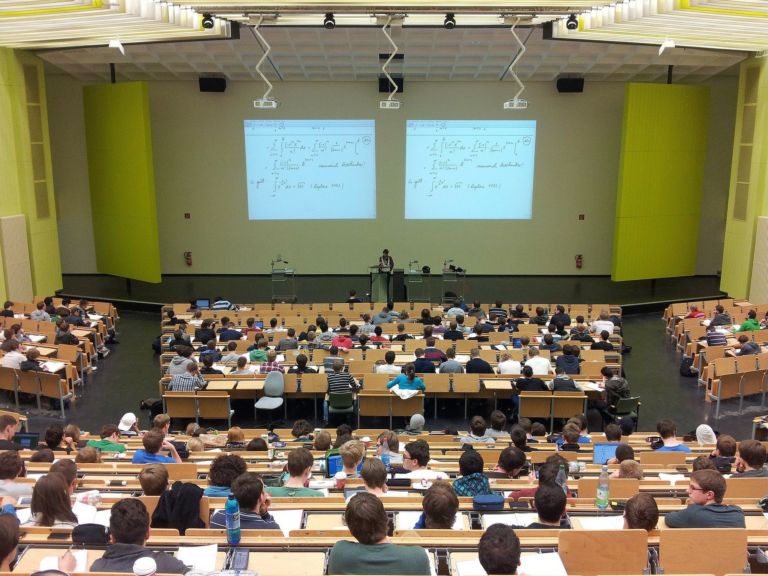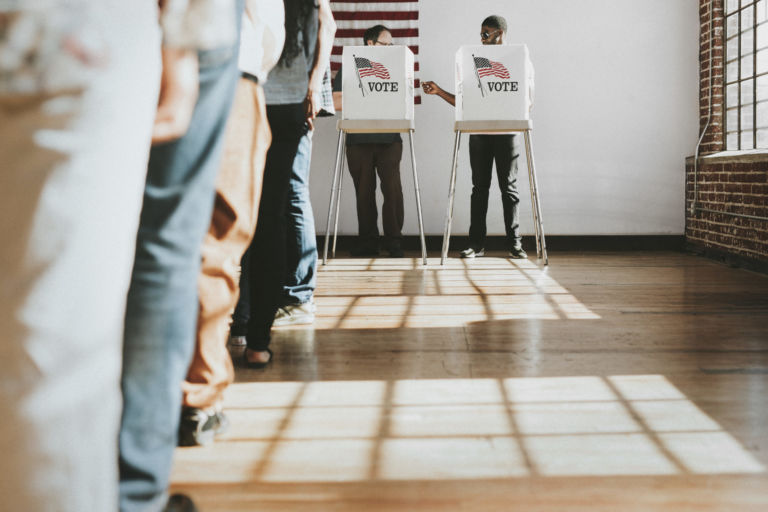That’s a line from a recent blogpost by consitutional scholar Randy Barnett. Here’s another excerpt:
Columbia Law School Professor Philip Hamburger has an important essay this weekend on the Wall Street Journal opinion page: How the Government Justifies Its Social-Media Censorship. Hamburger heads the New Civil Liberties Alliance, which is challenging the federal government’s use of privately-owned social media platforms to suppress the speech of Americans. [Disclosure: I am on the NCLA Board of Advisors.]
In Missouri v. Biden, NCLA is challenging the constitutionality of pressure that officials at the White House, the Federal Bureau of Investigation, the Department of Homeland Security, the Central Intelligence Agency and other agencies have brought to bear on tech companies to suppress so-called “misinformation.” Recent examples include the suppression of speech on private platforms about the Hunter Biden laptop story, the lab-leak theory of COVID-19’s origins, the efficacy of mask mandates and COVID-19 lockdowns, and election integrity and the security of voting by mail.
In his op-ed, Hamburger identifies five Supreme Court doctrines that, when combined, have facilitated the modern regime of stealthy government censorship of speech on these and other topics of which the government disapproves:
-
- An expansive understanding of Congress’s power to regulate commerce;
- An overemphasis on coercion;
- Misunderstanding privatized censorship;
- The “government speech” doctrine; and
- Qualified immunity.


